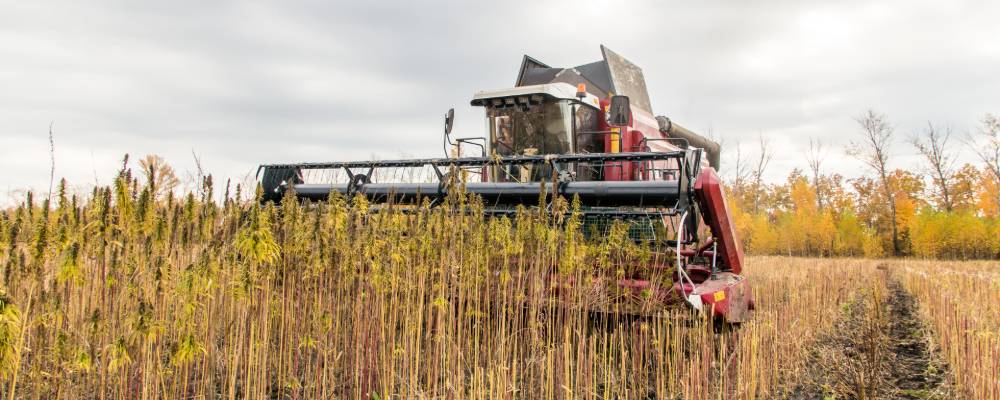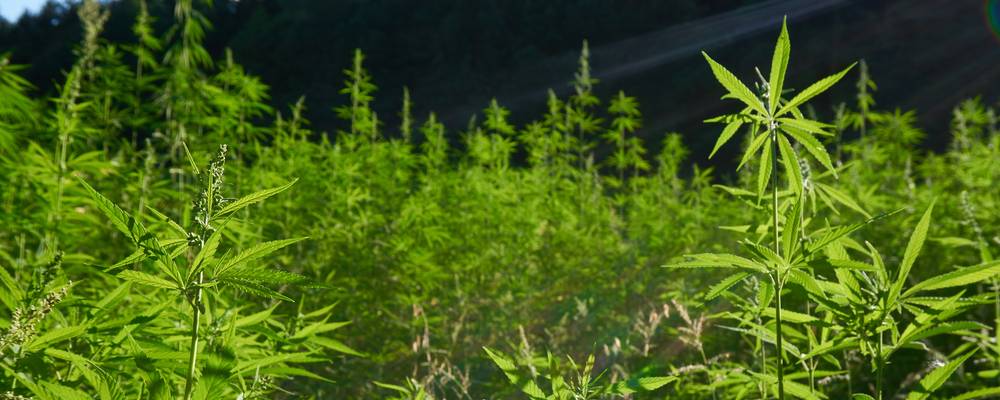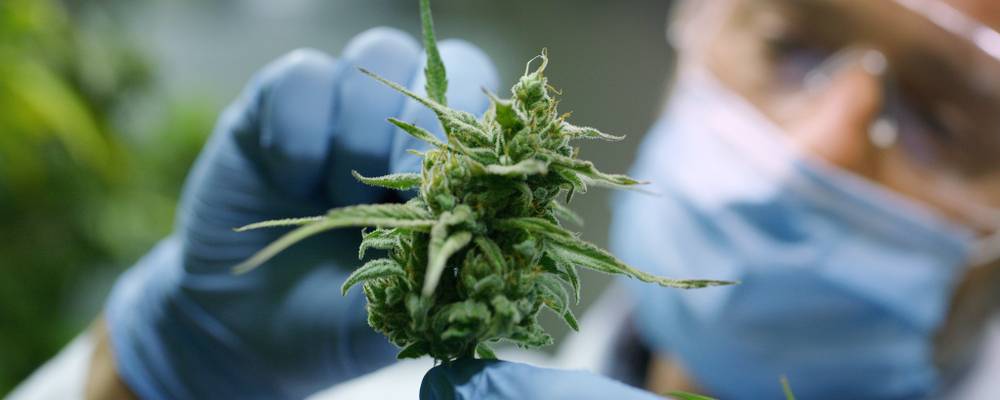U.S. Farmers Struggling To Keep Up With Demand For Industrialised Hemp
The floodgates have opened for access to CBD since hemp was removed from the controlled substances act late last year, however, the relatively new industry is facing many challenges in meeting consumer demand.
As the retail sales of CBD are expected to reach $16 billion by 2025, farmers in the U.S. are struggling to keep up with the soaring success of this popular compound.
2018 United States Farm Bill
Since the United States congress legalized industrial hemp in December of last year with the Farm Bill, CBD oil derived from the hemp plant also became legalized.
The 2018 Farm Bill also eased regulations outlined in the previous 2014 Farm Bill, while protecting the previously established pilot programmes for U.S. farmers to legally grow hemp, in tandem with state-run agriculture programmes.

CBD Products Sales Increase
In 2018, retail sales of CBD reached an estimated minimum of $600 million and possibly up to $2 billion in the U.S. alone, according to Cowen, an investment research firm.
Now that the compound has been legalised, Cowen also estimates that retail sales of CBD in the U.S. will reach a minimum of $16 billion by 2025, lead by the health, beauty and wellness industry.
As CBD becomes one of the fastest growing new industries across a plethora of areas from medicine and wellness to the food and beauty market, how are farmers dealing with the demand? Unfortunately, not well.
Farming Hemp Is An Expensive Process
As a relatively new industry, the current chain of supply from farm, to lab, to store shelf to bathroom cupboard still has a lot of kinks to work out.
In a recent report, CNBC outlined the challenges facing farmers in producing industrial hemp for CBD oil production.
Since the CBD industry is so young, there are not the same old reliable techniques established for cultivating it, as with other produce like tomatoes and corn.
One of the biggest challenges facing farmers is that industrial hemp doesnt actually produce that much CBD, which means it takes a huge volume of hemp to produce a much smaller amount of CBD oil.
As such, the labour involved in growing the plant and harvesting it to extract the compound makes producing CBD an incredibly expensive process.
The presence of THC can also become a huge headache for farmers, as they cannot know exactly how much THC is present in their plant until it is harvested and the CBD is extracted.
However, federal law states that CBD is only legal to sell with less than 0.3% THC.

During the harvesting process, as CBD is extracted from the plant it becomes concentrated, as does THC, often pushing it over the legal limit.
Since farmers wont know how much THC is present until after a crop is harvested, with means an entire crop of CBD could be wasted if the THC level reaches over 0.3%.
Despite federal limits, there arent actually any federal laws that require companies to test CBD for beauty or food products.
While some CBD manufacturers and farmers will send samples of their extracts to be tested by independent labs, the process of testing for CBD and THC levels in a lab is almost as fraught as the process of farming.
After sending samples to four different labs, Chris Padulo, a hemp farmer from Vermont told CNBC that he got “vastly different resultsâ€.
Some labs stated his plant sample contained 8% CBD, while another said it contained 16%.

The ‘Green Rush’ Is Leading To Shortcuts
With such strong public demand for CBD products, all these pitfalls in the supply chain mean some of the more unscrupulous companies take shortcuts trying to cash in on the “green rushâ€.
With such a disconnect between growers, government agencies and scientific testing, the CBD industry is likely to be working through these teething issues for a while before establishing a road to clear, consistent regulations for this incredibly popular product.
[shop_slider title=”Shop CBD Products” count=”6″ show=”best-selling” category=”cbd-oil” orderby=”date” order=”DESC”]
The post Booming Demand For CBD Is Leaving U.S Farmers Struggling first appeared on CBD Village UK.
